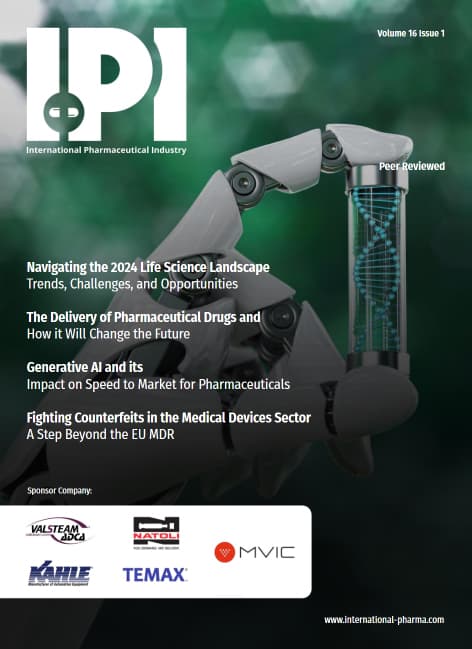? Pharmacy2U launches a new interactive timeline celebrating the most important medical discoveries and drugs that changed the face of medicine.
? The snapshot through history covers some of the most prescribed drugs in the world, from Penicillin to the contraceptive pill.
? Pharmacy2U has also exclusively studied and collated worldwide clinical research to forecast the future of these drugs and their respective ailments.
? The research has been released in the run up to the NHS’s 70th anniversary as a tribute to the much-loved healthcare system.
Pharmacy2U has today revealed an interactive timeline showcasing the discoveries of the eight remedies that have revolutionised the face of medicine as a tribute to the National Health Service in its 70th year.
Entitled Drugs That Changed The World, the piece looks at the origins of each medical breakthrough, the key scientists behind them, and how the treatments are set to evolve, making cutting edge predictions for their futures based on the latest clinical researcher data.
With several treatments set to advance between 2018 and 2022, the future is bright in the world of medicine. A new era has dawned for Diabetes sufferers with the introduction of Continuous Glucose Monitoring – a small sensor under the skin that measures blood glucose levels every few minutes.
Aspirin, antidepressants and statins are all set to expand their capabilities too, suggesting that more success is on the horizon for each drug category. A crucial set of trials is currently underway, measuring if aspirin’s anti-inflammatory benefits can protect the elderly from Dementia, Heart Disease and even Cancer, with results expected by the end of the year.
Antidepressants are also seeing an increased use, thanks to their serotonin-norepinephrine reuptake inhibitors. One of the biggest benefits of SNRIs is their controlled release of norepinephrine – the brain chemical encouraging activity and lighter moods. Now, SNRIs are being used to manage treatment-resistant cases of depression.
Commonly used to treat heart conditions and strokes, the preventative treatments of statins are also set to become even more widespread. Targeted research is looking into the effectiveness of statins on other conditions, from cancers to other heart diseases.
The drugs and therapies featured in the timeline include:
? Aspirin
? Insulin
? Penicillin
? Polio Vaccine
? The Pill (Combined Oral Contraceptive)
? Antidepressants
? Antiretroviral Therapy (ART)
? Statins
Almost half of the NHS’s medicine spend is on repeat prescriptions, which costs it almost £8 billion a year – its biggest cost after staff. Over 800 million items of repeat medicines are currently dispensed each year, which is constantly increasing as a result of an increasingly older population living with more long-term conditions. By 2025, it is estimated that almost one million more people will be living with a long term health condition, further increasing the strain on the NHS. Technology is helping to reduce that strain and improve efficiencies, with online management of repeat prescriptions saving GPs almost seven hours a week and saving the NHS hundreds of millions in costs.
Daniel Lee, Chief Pharmacy Officer at Pharmacy2U, said:
“We have an increasingly older population living with more longer-term conditions, which means continued innovation in medicine is essential for improving healthcare and easing the strain on the NHS.
“There is a lot of progress being made, which is evident from the advancements in drugs and the increased role that technology is playing in improving NHS efficiencies and improving patient access to healthcare. We have invested heavily in our technological infrastructure to help modernise healthcare and improve patient outcomes in partnership with the NHS.”
To visit Drugs That Changed The World, please visit: https://www.pharmacy2u.co.uk/d
The timeline launches in the run up to the 70th anniversary of the NHS.

























